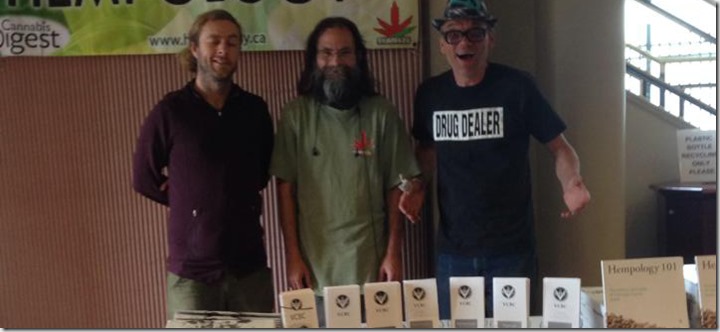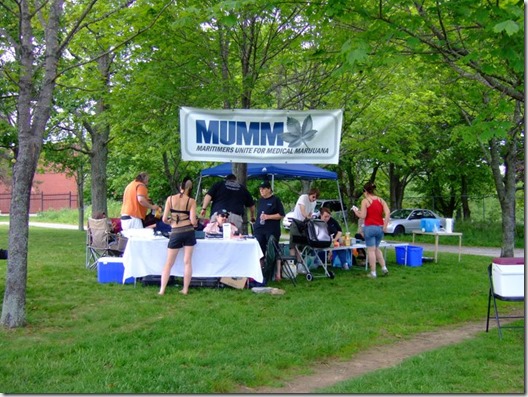Judith Stamps
Biologically, a need is something required by a living organism, something that enables it to live a healthy life, and the deficiency of which would bring adversity. Psychologically, it is something that drives organisms to acquire the things needed. In the late 1960s, American Psychologist, Abraham Maslow, identified what he called a hierarchy of human needs. Ranking from the most basic to the most elevated, they were: food, water, and sex; stability; love; esteem; education; beauty; and finally, self-actualization, or, getting to be the real you. Other theorists have added to this view by emphasizing that people with unfulfilled needs function poorly in society. But who, ultimately, gets to say what you need?
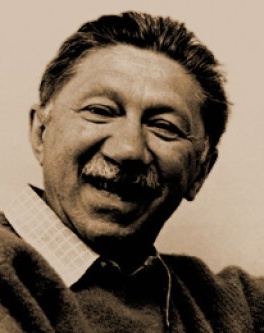 Contemporary with Maslow’s writings were the thoughts of another, more critical school of thought represented by theorist, Herbert Marcuse. Industrialized, market-driven societies, he argued, claim to be liberating. They claim to provide freedom for individuals to acquire what they need; and to move to self-actualization if that is their wish. But they fulfill this function, in fact, by creating false needs, and satisfying those needs instead. Mass media, and the advertising industry, for example, tell us that we need consumer goods. To shore up their message, they nurture our insecurities, promising love and acceptance, if only we choose the right object for the right price. At the same time, by focusing our attention on catalogues and price lists, they limit our ability to imagine alternative needs, and alternative ways of life. Meanwhile they co-opt sex and hipness as sales devices, and create dangerously unhealthy externalities: perma-war, environmental damage, and accelerating inequality, to name a few. It has been said, in sum, that contemporary capitalist societies are able to suppress and contain the demand for qualitative change, by faking it. Can they?
Contemporary with Maslow’s writings were the thoughts of another, more critical school of thought represented by theorist, Herbert Marcuse. Industrialized, market-driven societies, he argued, claim to be liberating. They claim to provide freedom for individuals to acquire what they need; and to move to self-actualization if that is their wish. But they fulfill this function, in fact, by creating false needs, and satisfying those needs instead. Mass media, and the advertising industry, for example, tell us that we need consumer goods. To shore up their message, they nurture our insecurities, promising love and acceptance, if only we choose the right object for the right price. At the same time, by focusing our attention on catalogues and price lists, they limit our ability to imagine alternative needs, and alternative ways of life. Meanwhile they co-opt sex and hipness as sales devices, and create dangerously unhealthy externalities: perma-war, environmental damage, and accelerating inequality, to name a few. It has been said, in sum, that contemporary capitalist societies are able to suppress and contain the demand for qualitative change, by faking it. Can they?
The new rules for accessing cannabis medicines in Canada purport to fulfill the needs of patients. They offer access through a set of Licensed Producers created in 2014, via mail order. They also offer to expand (or re-expand) patients’ choices by allowing them to grow for themselves, and even to grow for another person, providing that they register with Health Canada, and allow the Ministry to share their information with local law enforcement. In the same breath, they outlaw cannabis concentrates, and dispensaries, thus creating, in effect, a new, or at least revised, set of crimes. In this way, they share with most medical practitioners and pharmaceutical companies, the view that patient needs are to be defined for them, so the story goes, for their own good. Big Pharma has done an especially good job of co-opting, and commercializing human needs. It has, for example, defined depression so effectively, and so widely, that over 10% of North American men, and over 20% of women in their 40s and 50s, now find themselves hooked on anti-depression pills, too often to no good effect. At the same time, MDs are reluctant to move outside of this territory. Alternative medicines, often older, effective medicines, are relegated to second-class status, a status that clamps down on options open to patients, even in imagination. These medicines are rarely suggested by primary care physicians, much less by specialists.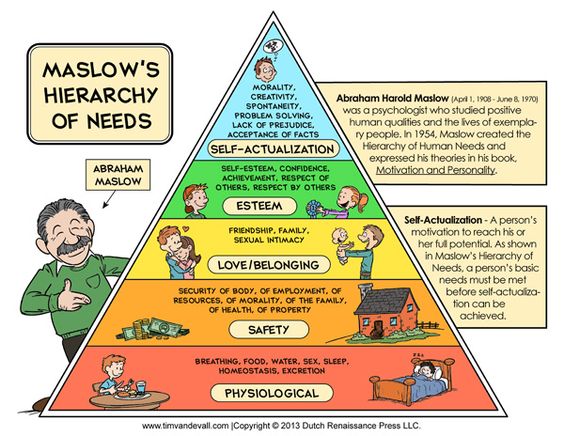
But though the new cannabis access rules expand patients’ choices, they attempt, in the same act, to suppress and contain patients’ rights to define the kind of access they need. Patients’ continued preference for dispensaries, for example, expresses their need for human contact with local medicine makers, a unique quality of companionship felt to be an essential ingredient to health and wellbeing. It expresses their need, too, for a natural, normalized setting, equal to that available to any other customer buying a health product. It expresses their need for respect, and for dignity in making these choices.
The new government regulations demonstrate the close relationship between need and crime. Move toward a set of self defined medical needs, and you can find yourself defined as a criminal, even if you are harming no one, not even yourself. It has to be said that while all societies condemn theft, rape, and murder, there is no universally accepted idea of what other acts are or are not crimes. But from a liberal standpoint, any good definition of crime would make freedom for individuals paramount. Moreover, a liberal would criticize severely, the notion that criminal law is the appropriate category for a consensual activity, easily controlled through regulation and oversight, much along the lines followed in food safety rules for restaurants. He or she might even wonder if cannabis needs much regulation. I would venture to say that in a liberal state, cannabis medicine law would belong to the citizen patients, and would reflect their values.
But no such views can be detected in the Trudeau government, which has demonstrated an approach to cannabis that is depressingly un-liberal. It has chosen, instead, an approach that is sometimes called ‘instrumental,’ in which the needs of individuals are overshadowed by the choice to achieve another goal, supposedly for the greater good. For the federal Liberals, that greater good is expressed as protecting kids, and shooing away organized crime. The purported goal is nonsense, of course; no system of access will prevent 19-year old’s from sharing their cannabis with 16 and 17-year old friends, any more than current access rules prevent youth from finding alcohol. Our youth drink, but we don’t blame the liquor stores for this fact. Only an education program could address an issue so complex, and so pervasive. And in BC, at least, less than 5% of the cannabis industry is involved with organized crime. So what gives?
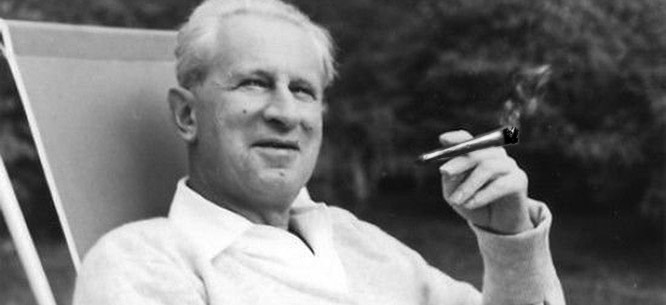 One part of the answer is that, like any ruling elite, the task force is simply enforcing a set of prohibitionist values that it prefers, and catering, at the same time, to the LPs, with which it feels a kinship. But can it do what Marcuse has suggested, and provide us with a fake version, for example, of dispensaries? Can it create the illusion of a home industry, or the illusion of local medicine makers and growers leading the way? Can it convince patients that they are free to choose, whilst confining their choices to a narrow range?
One part of the answer is that, like any ruling elite, the task force is simply enforcing a set of prohibitionist values that it prefers, and catering, at the same time, to the LPs, with which it feels a kinship. But can it do what Marcuse has suggested, and provide us with a fake version, for example, of dispensaries? Can it create the illusion of a home industry, or the illusion of local medicine makers and growers leading the way? Can it convince patients that they are free to choose, whilst confining their choices to a narrow range?
I think that the short answer to this question is: No. It took the ad industry generations to convince mainstream citizens that a car, or a cigarette, or a pack of gum, equals freedom. Compassion clubs have been around in most of North America for only twenty years, about a generation. Moreover, its proponents have not been mainstream citizens. Of course, some of them could have been mainstream citizens, but thanks to prevailing political winds, they were pushed to the margins. From that time on, they were burdened by arrests, and prosecutions, and imprisonment, but not by the idea that their elected governments were there to protect their freedom of choice. Besides, many early proponents were counter-culturists from the outset, disillusioned by war mongering, racism, and poor access to meaningful participation in political life. Consumer culture in general needs to wake up. Cannabis culture is awake, and busy creating its alternative cannabis community, medical and elective. It is busy defining its own needs, growing its own cannabinoids, and making its own extracts. And thus far, neither government nor commerce, legal or illegal, has produced an effective faux dispensary, and faux local choice. They haven’t had time. Future access through liquor stores, if that’s what the provinces choose, or through pharmacies, if they get their way, may fool people who have no contact with cannabis culture. They may fool member states of the United Nations, to which our Minister of Health first announced Canada’s intention to legalize cannabis. But they will not fool the activist patients that comprise most of the consumers.
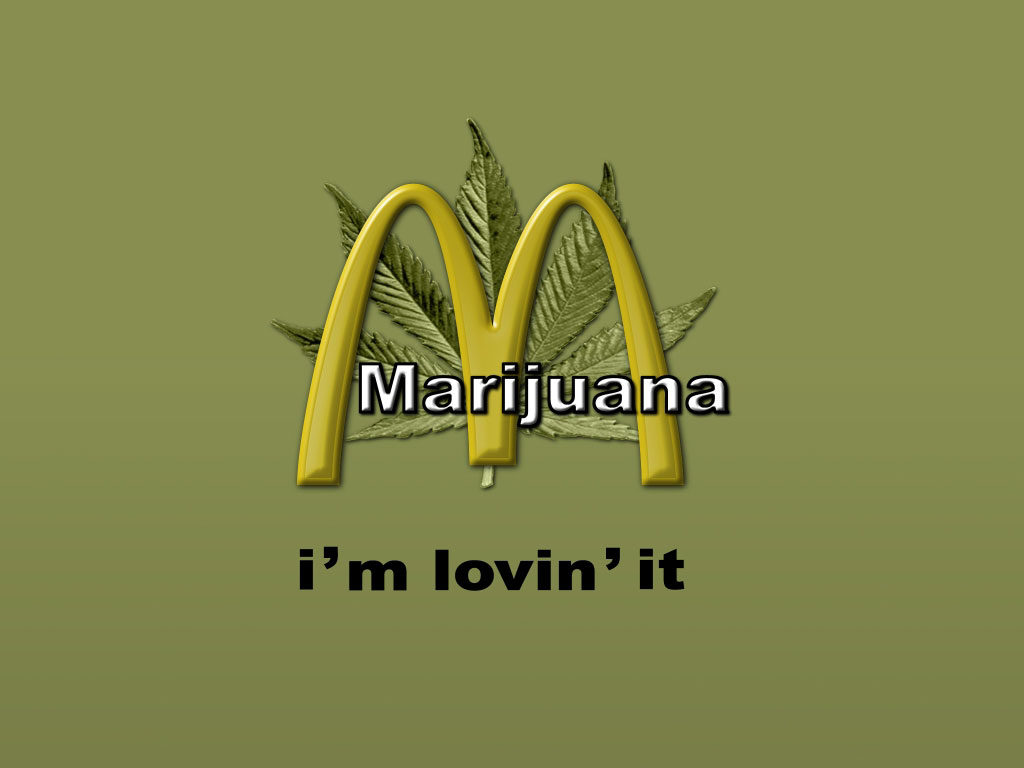 Could patients, and other advocates, be co-opted? Could they be sold on the idea, for example, of pharmaceutical versions of cannabinoids? High-security, alternative storefronts? Could cannabis fans become inured to poor quality, mass-produced bud, marketed at gas stations and mass supermarkets? Sure they could, some time down the line; profit driven markets are powerful levelers of quality. But we’re hardly there yet. And the future is not predetermined. Either way, we’re likely to see a renaissance of quality cannabis before we see anything like the decline and false labeling that characterizes, for example, large swaths of the food industry. And the Renaissance, historically, lasted for a long time. So who, for the present, does the work of defining cannabis related needs? Patients do, and cannabis fans do. They may not have the laws they want, but they are the ones leading the way. And who will define them in the future? That’s largely up to activists and their supporters. Pride in producing and appreciating quality, and in creating and sustaining local industries can be learned, and passed on to future generations. A cannabis culture renaissance should keep us honest and clear minded for a few decades. After that (who knows?) we might get used to it. Imagine a longish era of good faith, and great plants. That would be a fine thing indeed.
Could patients, and other advocates, be co-opted? Could they be sold on the idea, for example, of pharmaceutical versions of cannabinoids? High-security, alternative storefronts? Could cannabis fans become inured to poor quality, mass-produced bud, marketed at gas stations and mass supermarkets? Sure they could, some time down the line; profit driven markets are powerful levelers of quality. But we’re hardly there yet. And the future is not predetermined. Either way, we’re likely to see a renaissance of quality cannabis before we see anything like the decline and false labeling that characterizes, for example, large swaths of the food industry. And the Renaissance, historically, lasted for a long time. So who, for the present, does the work of defining cannabis related needs? Patients do, and cannabis fans do. They may not have the laws they want, but they are the ones leading the way. And who will define them in the future? That’s largely up to activists and their supporters. Pride in producing and appreciating quality, and in creating and sustaining local industries can be learned, and passed on to future generations. A cannabis culture renaissance should keep us honest and clear minded for a few decades. After that (who knows?) we might get used to it. Imagine a longish era of good faith, and great plants. That would be a fine thing indeed.



